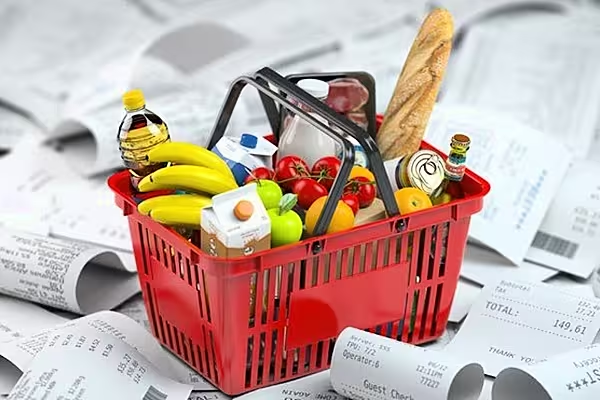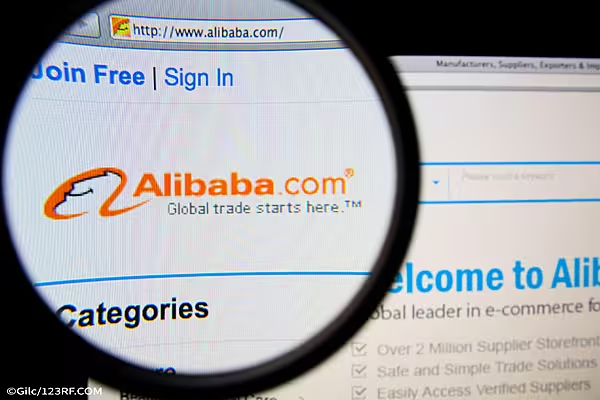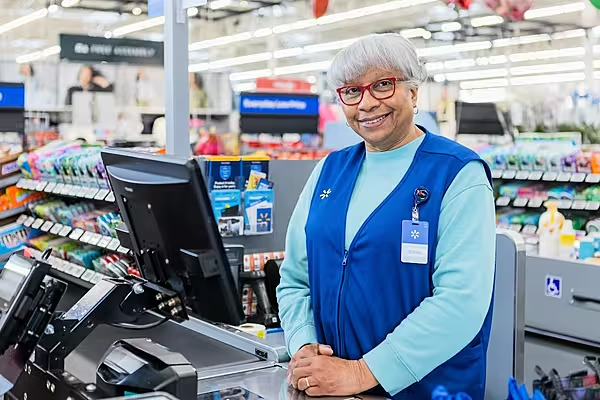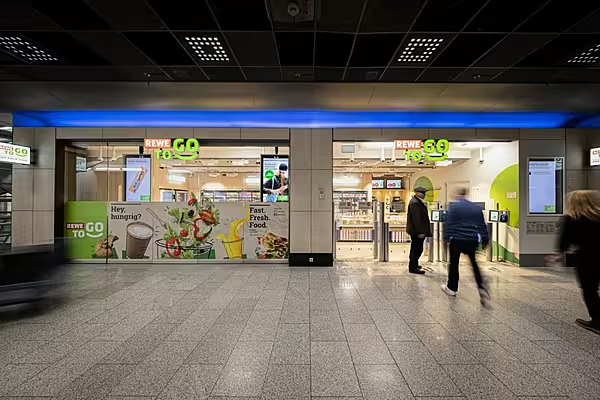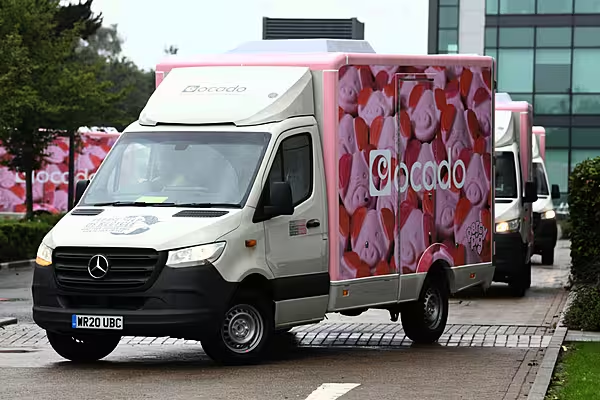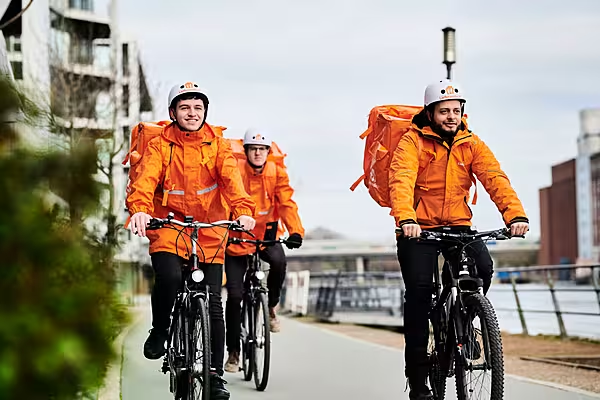ESM spoke to Laurent Thoumine, Managing Director and Retail Lead, Europe, at Accenture, about how retailers can get up to speed in a changing world. This article first appeared in ESM Issue 1 2022.
Change is the only constant when it comes to grocery retail, and the emergence of new technologies can leave traditional operators unsure of the right path to take. In addition, shopper expectations have been reshaped by the COVID-19 pandemic, and as measures ease, some emergent technologies may move on to wider adoption, while others will be cast aside.
To make sense of the changing world of grocery technology, ESM caught up with Laurent Thoumine, Managing Director and Retail Lead, Europe, at Accenture.
ESM: Let's start by evaluating the technological landscape for grocers. What are the challenges and opportunities facing operators?
Laurent Thoumine: During the pandemic, we have seen a very significant and sharp increase in online sales. As a result of that, the net margin of most retailers has been diluted because their e-commerce activities were not optimised.
Therefore, as we look into a new year, there is hunger and investment momentum for most retailers to optimise the cost of these operations. At the same time, they also need to optimise their traditional operations because footfall is declining. The role of the store, and the manner in which stores operate in a profitable manner, needs to change.
The world of 2022 is increasingly polarised – along financial, cultural, political and technological lines. How is this reflected in the choices retailers need to make when it comes to technology?
Retailers are aware that they need to make a choice. To serve customers at the different ends of the spectrum, you need to reinvent your operating model and think about the ‘hybridisation’ of your stores. You may need to optimise your assortment so you can free up some space for the products that are much more appealing, or for the experiences that you want to provide to your customers.
This sort of investment relates to reconceptualising the role of the store, with a hybridisation between logistics operations and an experiential component, where you focus on fresh products, the butcher, the fishmonger, and so forth.
The past few years have seen a myriad of startups seeking to permeate the grocery landscape – Getir, Cajoo, Gorillas and even the likes of Deliveroo and Uber Eats. To what degree is this 'new wave' likely to alter how we shop going forward?
For a lot of retailers, it’s hard to compete with these new ecosystems, as they are purely merchants, not engineers. Many of them don’t have a technical mindset, and they’re trying to operate supermarkets and hypermarkets as they did back in the 1990s, or at the beginning of the century.
Steve Jobs once said, “You should not ask the customer what he or she wants. You should invent it.” That’s exactly what the new quick-commerce players are doing – they are creating a new normal. Are they all going to survive? I don’t think so – there are too many – but what they are doing is providing a service that has come to be expected by a certain percentage of customers.
We have seen a raft of collaborations between retailers and tech giants – for example, Carrefour recently announced a partnership with Meta (Facebook), and Groupe Casino teamed up with Google. Is this a logical progression for the sector, as they seek to embolden their technological expertise?
Building an ecosystem is important. Retailers are learning not only how to partner with other retailers and CPG suppliers, but also with technology companies, because they understand that they need to develop their tech capabilities to meet the needs of the polarised economy.
So, we need to think beyond the traditional boundaries. Retail has followed a traditional model for the past 25 years, but in the past five years, we’ve seen a ‘reinvention of the wheel’, so to speak.
Do you think that some retailers are 'blinded by the lights' – that they are rushing to adopt technology while ignoring the principles that good retail is founded on, such as service and in-store experience?
The Harvard Business Review recently featured a study that demonstrated a huge correlation between the quality of resources that you get in a store and the revenue per square metre. I think there is still room to manoeuvre, for traditional retailers to significantly increase the services and experience that they are delivering to the customer.
In parallel, I think that most retailers need to invest in their people because, at the end of the day, if you want to compete against the tech giants of this world, what’s going to make the difference is the quality of the relationship that you’re going to have with your butcher, with your fishmonger, and so forth.
This experience is not complicated – it’s not about creating fancy things. It’s about emotion and developing interpersonal relationships, and it can be more effective and efficient than any loyalty programme that you can imagine.
Will the development of a technology ecosystem be an imperative for retailers in the coming decade?
Ultimately, if you want to optimise your costs and your profitability, you need to invest in technology – that’s now mandatory – and you need to do it within an ecosystem.
Most retailers won’t have the capex or the potential investment to develop the sort of broad ecosystem that is required, and will need to develop partnerships in order to get up to speed with the transformation that is taking place in retail at the moment. You can't do it on your own.
For more information, or to view Accenture’s extensive Consumer Grocery Research 2021 study, log on to www.accenture.com.
© 2022 European Supermarket Magazine. Article by Stephen Wynne-Jones. For more Technology news, click here. Click subscribe to sign up to ESM: European Supermarket Magazine.


